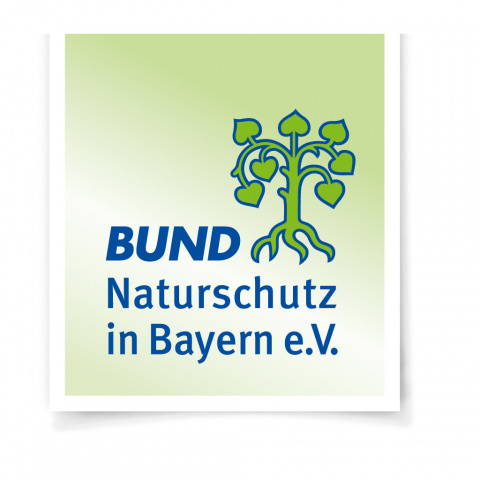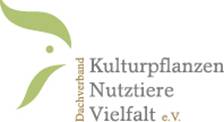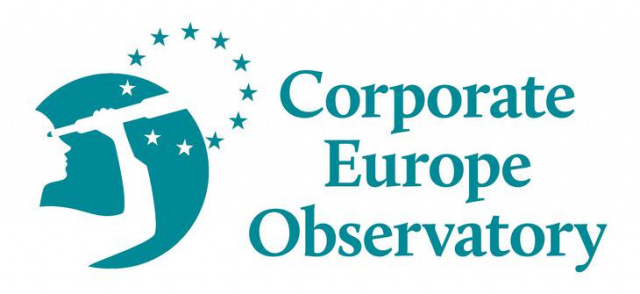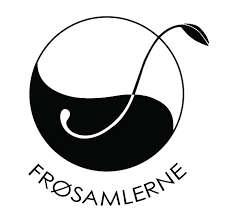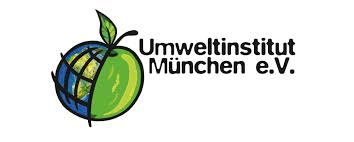3 May 2012 / Representing a broad range of civil society organisations, Christoph Then, one of the speakers for the international coalition “No Patents on Seeds” states “this decision is a great success, however it does not rule out further patents for breeding plants or animals being granted in future.” He calls for the European governments, the European Parliament and the European Commission to actively stop all patents on plants and animals now and urges to “stop speculating with our daily food! These patents not only pose a concern for farmers and breeders but foremost also for consumers and our world food supply.”
Members across several parties of the European Parliament are increasingly concerned about such patents being granted by the EPO. They have been working on a joint resolution which calls for the European Patent Office to exclude products derived from conventional breeding, as well as all conventional breeding methods and breeding materials. A vote will be held for this resolution on 9. May. This follows the demands of some national parliaments, such as the German Bundestag, to put a stop to patents for the breeding of plants and animals. It is the first time that the European Parliament is preparing such a statement.
The coalition “No Patents on Seeds” is warning that large corporations such as Monsanto, Dupont, Syngenta and Bayer are abusing current patent laws in order to gain monopolistic control over global food production chains. It is apparent that the number of patents granted on plants and animals has increased within the last few years. Thus, the coalition “No Patents on Seeds”, which is driven by several civil society organisations with the aim to protect the environment, developing countries and agriculture, has already collected around 70.000 signatures against such patents within the last months. In addition, several hundred organisations have signed up the petition at www.no-patents-on-seeds.org and, at a recent hearing in the European Parliament, associations of plant breeders, farmers and food producers also voiced their concerns about these developments.



